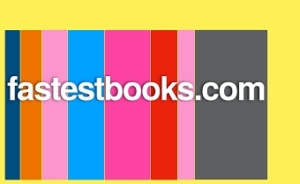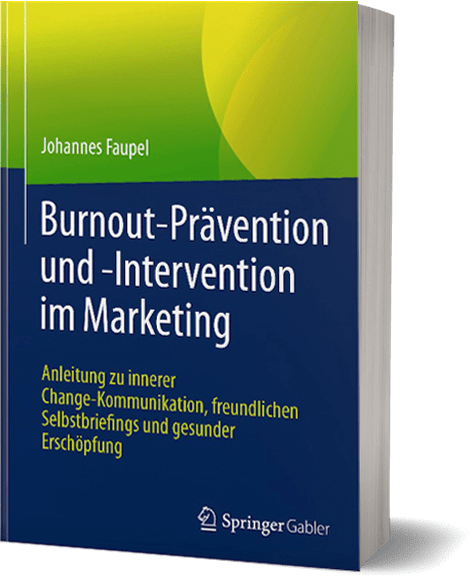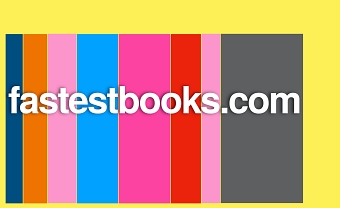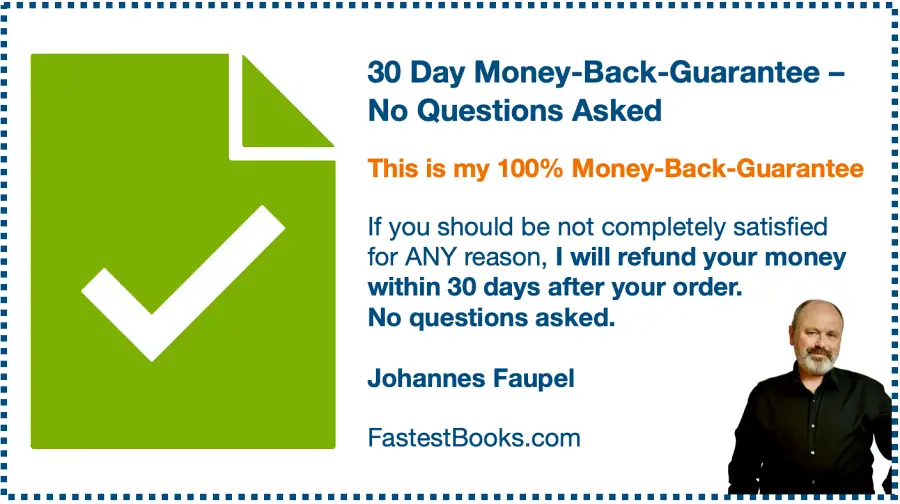Best Self-Help Books for Conflict Resolution
Welcome to FastestBooks.com! If you’re seeking effective strategies for conflict resolution, you’re in the right place. This article highlights the top self-help books that provide practical tools and insights to manage and resolve conflicts. Whether you’re dealing with personal, professional, or social conflicts, these books offer valuable guidance.
Top Picks for Conflict Resolution Self-Help Books
1. The World’s Fastest Conflict Mediation Book
The World’s Fastest Conflict Mediation Book provides quick and effective strategies for resolving conflicts. This book focuses on mediation techniques that can be applied in various scenarios, ensuring swift and satisfactory outcomes for all parties involved.
Key Takeaways:
- Step-by-step mediation techniques
- Practical examples and real-life applications
- Strategies for achieving quick resolutions
- The only conflict self-help book that shows the physics of conflicts
2. Crucial Conversations: Tools for Talking When Stakes Are High by Kerry Patterson, Joseph Grenny, Ron McMillan, and Al Switzler
Crucial Conversations offers powerful tools for managing conversations that involve high stakes, strong emotions, and differing opinions. The book provides strategies for navigating difficult discussions effectively.
Key Takeaways:
- Techniques for staying calm and focused
- Methods for fostering open and honest dialogue
- Tools for reaching mutual understanding and agreement
3. The Anatomy of Peace: Resolving the Heart of Conflict by The Arbinger Institute
The Anatomy of Peace delves into the root causes of conflict and provides a framework for resolving it by fostering a mindset of peace. This book emphasizes understanding and changing underlying attitudes and behaviors that lead to conflict.
Key Takeaways:
- Insight into the deeper causes of conflict
- Strategies for fostering peace and understanding
- Practical steps for changing conflict-inducing behaviors
4. Getting to Yes: Negotiating Agreement Without Giving In by Roger Fisher and William Ury
Getting to Yes is a classic guide to negotiation, offering strategies to reach mutually beneficial agreements without unnecessary concessions. The book introduces the concept of principled negotiation, focusing on interests rather than positions.
Key Takeaways:
- Principles of effective negotiation
- Techniques for separating people from the problem
- Strategies for finding win-win solutions
5. Nonviolent Communication: A Language of Life by Marshall B. Rosenberg
Nonviolent Communication introduces a method of communication that fosters empathy and understanding. This book provides tools for expressing needs and feelings without blame, leading to more harmonious and productive interactions.
Key Takeaways:
- Methods for expressing needs and feelings clearly
- Techniques for active listening and empathy
- Tools for resolving conflicts peacefully
Category Breakdown
Books for Immediate Conflict Resolution
- The World’s Fastest Conflict Mediation Book
- Getting to Yes by Roger Fisher and William Ury
Books for Deep Understanding of Conflict
- The Anatomy of Peace by The Arbinger Institute
- Nonviolent Communication by Marshall B. Rosenberg
Books with Practical Communication Tools
- Crucial Conversations by Kerry Patterson et al.
- Nonviolent Communication by Marshall B. Rosenberg
In-Depth Reviews
The World’s Fastest Conflict Mediation Book
Overview: This book is designed for those who need quick and effective mediation techniques. It provides step-by-step guidance on how to handle conflicts in various situations, making it an invaluable resource for both personal and professional use.
Pros:
- Quick and practical techniques
- Easy to apply in real-life scenarios
- Focus on achieving fast resolutions
Cons:
- May not cover deeper psychological aspects of conflict
Crucial Conversations: Tools for Talking When Stakes Are High
Overview: Crucial Conversations equips readers with tools to handle high-stakes discussions. It offers methods to stay calm, foster dialogue, and reach agreements even in emotionally charged situations.
Pros:
- Practical and actionable advice
- Focus on emotional intelligence
- Real-life examples and case studies
Cons:
- Techniques may require practice to master fully
FAQs
Q: How do I choose the right book for conflict resolution? A: Consider what you are looking for—immediate techniques, deep understanding of conflict causes, or practical communication tools. Reading reviews and summaries can also help you decide which book aligns with your needs.
Q: Are these books suitable for professional conflict resolution? A: Yes, many of these books provide strategies that can be applied in both personal and professional settings.
Q: Can these books replace professional mediation? A: These books can be excellent supplements to professional mediation but should not be seen as replacements for professional help in severe conflict situations.



